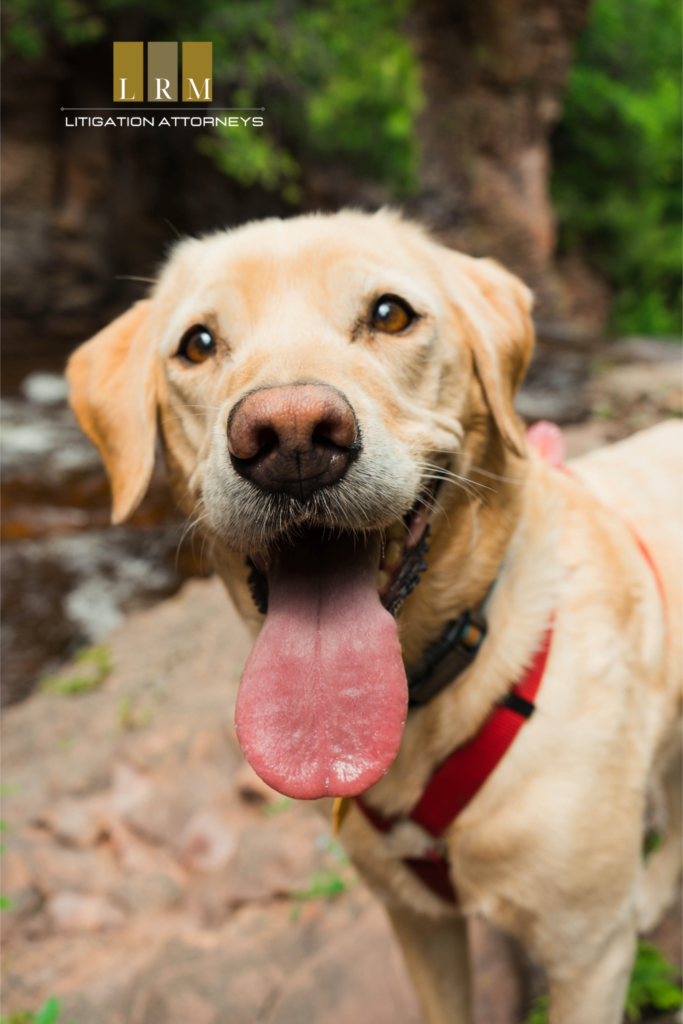Pet Entry Requirements in Mexico: A Comprehensive Guide
When planning to bring animals, including dogs, cats, reptiles, songbirds, ornamental birds, ferrets, turtles, and more, into Mexico, it is crucial to adhere to the proper procedures and fulfill the necessary obligations at the Offices of Agricultural Health Inspection (OISA) situated at international airports, border crossings, and international seaports. It is important to note that in Mexico, pets are limited to dogs and cats exclusively, as officially recognized.
Please be aware that the Mexican Consular Network does not possess the authority to intervene in this process.
1) Thorough Documentary Review at the OISA:
It is mandatory to present the original and a copy of a Health Certificate issued either by a private veterinarian or the corresponding Federal Authority of the country from which the pet originates. If official health certificates are available, they must bear the appropriate signatures of authorized personnel from the country of origin or departure. In case of certificates lacking an expiration date, the issuance date must not exceed 15 days.
The Health Certificate provided by the Veterinarian must be presented on letterhead stationery, accompanied by professional credentials (or their equivalent), and should contain the following information:
1.- Full name and address of the exporter and importer (owner), along with precise identification details of the pet.
2.- Proof of rabies vaccination, including the administration date and its validity. Alternatively, this information can be recorded in the Vaccination Card. Puppies and kittens under three months old are exempt from this requirement.
3.- Verification that the animal(s) have received preventive treatment for internal and external parasites within the six months preceding their transportation and are currently free of external parasites. The date of application and the active ingredient used must be explicitly mentioned.
4.- Confirmation that the pet has been deemed clinically healthy prior to exportation.
Should the documentary review reveal any omissions regarding the aforementioned requirements in the health certificate, you have the option to present the original and a copy of the vaccination card, incorporating the missing details. Alternatively, you may choose to consult a reputable Veterinary Zootechnician to administer the necessary treatments. In the latter case, any associated costs will be the responsibility of the interested party.
2) Thorough Physical Inspection of the Pets at the OISA:
At the OISA, the assigned personnel will meticulously compare the physical description provided in the Health Certificate, which includes the pet’s sex, breed, and color, with the actual appearance of the animal. Additionally, the pet’s health condition will be thoroughly examined to ensure its well-being and freedom from external parasites.
In the event that the physical inspection identifies the presence of external parasites on the pet, it will be necessary for a private Veterinary Zootechnician to administer the appropriate treatment. The expenses incurred in this regard will be the responsibility of the importer.
3) Issuance of the Zoosanitary Import Certificate at the OISA:
Upon successful completion of the above steps, the authorized personnel at the OISA will proceed with the preparation and issuance of the Zoosanitary Import Certificate.
Important Clarifications:
While compliance with the specified zoosanitary requirements is crucial, it is essential to note that importers are still obligated to fulfill any additional procedures and submit any required documents as stipulated by other relevant authorities.
Please be aware that the inclusion of bedding or similar materials accompanying the animals during their entry is strictly prohibited. Only the appropriate amount of balanced pet food necessary for the day of arrival is allowed.
For further information upon your arrival in Mexico, you can contact our law firm to guide you through the process and address any inquiries you may have, or contact the office personnel at the OISA.
Arrival in Mexico without Zoosanitary Documents:
In the event that you arrive in Mexico without the required zoosanitary documents, the animal(s) must remain at the Sanitary Inspection Office until a Veterinarian can examine and certify their health condition. Additionally, the Veterinarian will administer the rabies vaccine and provide the necessary preventive parasitic treatment to facilitate the import process. It is important to note that this circumstance may lead to delays and expenses that the owner of the pet will be responsible for.
Importation of Animals Other Than Dogs and Cats (Reptiles, Songbirds, Ornamental Birds, Ferrets, and Turtles):
For the importation of animals other than dogs and cats, such as reptiles, songbirds, ornamental birds, ferrets, and turtles, specific requirements outlined in the Zoosanitary Requirements Sheet must be met accordingly.
Pet Entry Requirements in Mexico: A Comprehensive Guide Read More »
